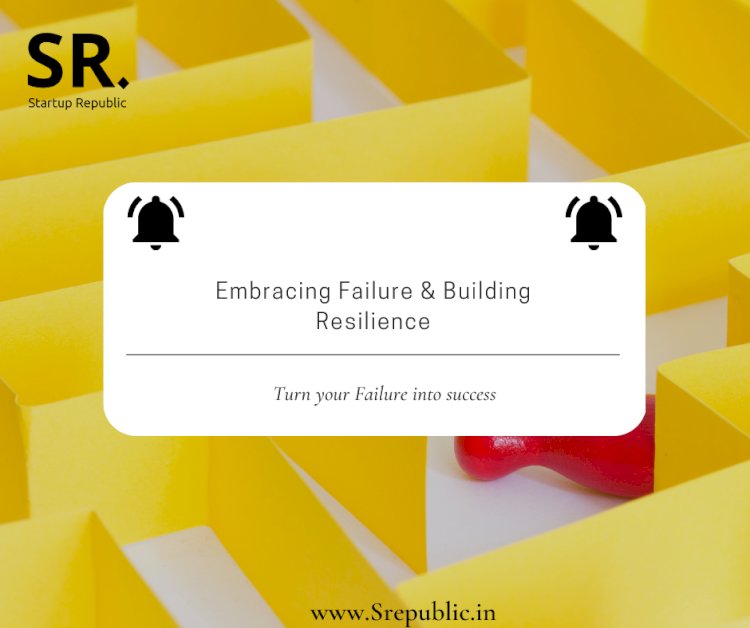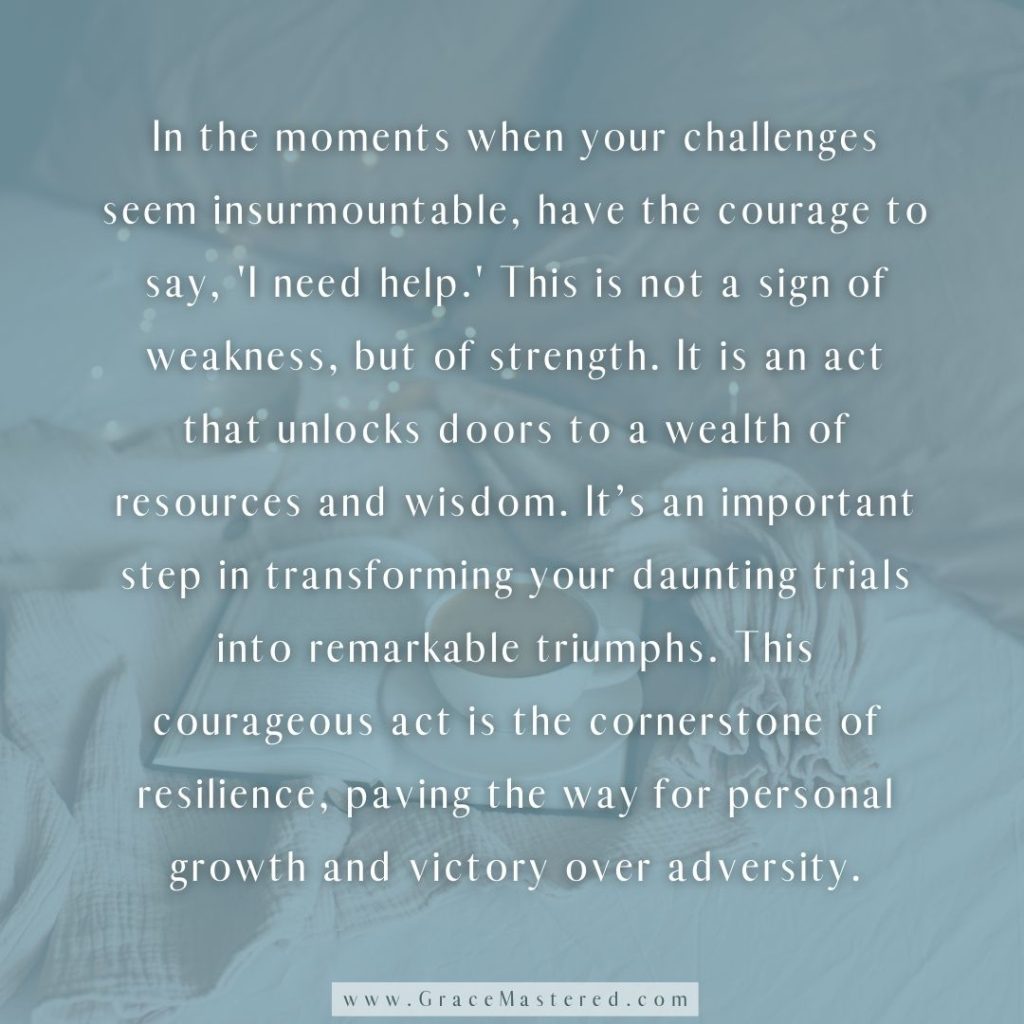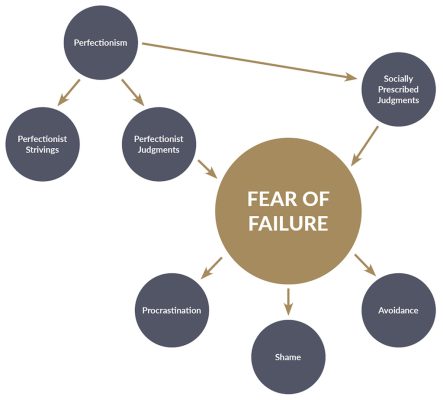
The Importance of Resilience in Your Startup Journey: Your Ultimate Guide to Overcoming Challenges and Thriving
Starting a business is often portrayed as a glamorous sprint to success, filled with innovative ideas and rapid growth. The reality, however, is far more akin to a marathon through unpredictable terrain, complete with unexpected detours, uphill battles, and occasional tumbles. This is where resilience enters the picture – not just as a desirable trait, but as an absolute necessity for any aspiring entrepreneur.
If you’re embarking on your startup journey, or already knee-deep in the exciting chaos, understanding and cultivating resilience will be one of your most valuable assets. It’s the superpower that allows you to bounce back from setbacks, adapt to change, and keep pushing forward even when the odds seem stacked against you.
In this comprehensive guide, we’ll explore why resilience is non-negotiable for startup founders, what it looks like in action, and practical steps you can take to build this crucial skill.
What Exactly is Resilience?
Before we dive deeper, let’s clarify what we mean by resilience. It’s not about being immune to stress, disappointment, or failure. Quite the opposite. Resilience is:
- The ability to recover quickly from difficulties. Think of a strong spring that, no matter how much you press it down, returns to its original shape.
- The capacity to adapt to change and uncertainty. In the fast-paced startup world, things are always changing.
- The mental and emotional strength to persevere through challenges. It’s about not giving up when things get tough, but finding new ways to move forward.
- Learning from setbacks rather than being defeated by them. Every stumble becomes a stepping stone.
Simply put, resilience is your emotional and psychological "bounce-back" ability.
Why Is Resilience Absolutely Crucial for Your Startup Journey?
The startup world is a unique beast. It’s not like working a traditional 9-to-5 job. Here’s why resilience isn’t just a nice-to-have, but a core requirement for founders:
1. The Startup Journey is a Rollercoaster of Highs and Lows
One day you might land a huge investor, the next day your biggest client might pull out. One week your product could be praised, the next it might face a critical bug. These dramatic shifts are common. Without resilience, these lows can feel devastating and lead to burnout or giving up.
2. Failure Isn’t an Option – It’s a Guarantee
No startup journey is perfectly smooth. You will face:
- Product failures: Your initial idea might not resonate with the market.
- Marketing failures: Campaigns might flop.
- Sales failures: Deals might fall through at the last minute.
- Funding rejections: Investors will say no, often repeatedly.
- Team challenges: Disagreements, departures, hiring struggles.
Resilience helps you view these "failures" not as dead ends, but as valuable learning opportunities. Each one provides data, insight, and a chance to pivot or refine your approach.
3. Unpredictability is the Only Constant
Markets shift, technologies evolve, customer needs change, and competitors emerge. The startup environment is dynamic and often chaotic. Resilient entrepreneurs don’t get paralyzed by uncertainty; they adapt, innovate, and find new paths forward.
4. You’re Often Isolated and Bearing the Brunt
As a founder, the buck often stops with you. The weight of responsibility, the stress of financial pressure, and the loneliness of leadership can be immense. Resilience helps you manage this pressure without cracking, maintaining your vision and energy even when you feel alone.
5. It Fuels Long-Term Vision and Perseverance
Building a successful startup takes time – often years, not months. There will be periods of slow growth, plateaus, and moments where progress feels invisible. Resilience ensures you stay committed to your long-term vision, pushing through these quiet periods with unwavering determination.
Key Traits of Resilient Entrepreneurs
While resilience is a broad concept, it manifests through several key characteristics and behaviors. Resilient founders often demonstrate:
- Realistic Optimism: They believe in their vision and ability to succeed, but they’re also realistic about challenges and prepared for setbacks. They see problems as solvable, not insurmountable.
- Adaptability: They are flexible and willing to change their plans, strategies, or even their core product when necessary. They don’t cling rigidly to initial ideas that aren’t working.
- Strong Problem-Solving Focus: Instead of dwelling on what went wrong, they quickly shift their energy to finding solutions and taking action.
- Self-Awareness: They understand their own strengths, weaknesses, and emotional triggers. This allows them to manage stress effectively and seek help when needed.
- Emotional Regulation: They can manage their emotions (frustration, anger, fear) in a healthy way, preventing them from spiraling out of control and impacting decision-making.
- Proactive Mindset: They anticipate potential problems and take steps to mitigate risks rather than just reacting to crises.
- Grit and Perseverance: They possess an unwavering determination to achieve their long-term goals, even in the face of significant obstacles. They simply don’t give up easily.
- Ability to Seek Support: They understand the importance of a strong support network – mentors, advisors, fellow founders, friends, and family – and aren’t afraid to ask for help or advice.
How to Build and Strengthen Your Resilience: Actionable Strategies
The good news is that resilience isn’t something you’re born with or without; it’s a skill you can learn and strengthen over time, just like a muscle. Here’s how to start:
1. Cultivate a Resilient Mindset
Your mindset is the foundation of your resilience.
- Embrace Failure as a Learning Opportunity:
- Shift your language: Instead of "I failed," say "I learned."
- Conduct post-mortems: When something goes wrong, analyze why it happened, what you can do differently next time, and how to prevent similar issues. Don’t blame, learn.
- Normalize setbacks: Understand that every successful entrepreneur has faced countless rejections and failures. It’s part of the process.
- Focus on What You Can Control:
- Identify the elements of a situation that are within your power to influence. Let go of the things you can’t.
- For example, you can’t control an investor’s decision, but you can control your pitch, your follow-up, and your research into other investors.
- Celebrate Small Wins:
- The startup journey is long. Acknowledge and celebrate every small milestone – a new user, positive feedback, a successful meeting, a bug fix. This builds momentum and keeps morale high.
- Keep a "win journal" to remind yourself of progress during tough times.
- Practice Self-Compassion:
- Be as kind and understanding to yourself as you would be to a friend going through a tough time.
- Avoid self-criticism and negative self-talk. Recognize that you’re doing your best in a challenging environment.
2. Implement Practical Resilience-Building Strategies
Beyond mindset, these actionable steps will physically and mentally fortify you.
- Build a Strong Support System:
- Mentors: Seek out experienced entrepreneurs who have navigated similar challenges. Their advice and perspective can be invaluable.
- Peer Groups: Connect with other founders who are going through similar experiences. Sharing stories, challenges, and solutions can reduce feelings of isolation and provide practical insights.
- Friends and Family: Ensure you have people in your life who can offer emotional support, a listening ear, and a break from startup talk.
- Prioritize Self-Care (Seriously!):
- Sleep: Aim for consistent, quality sleep. Lack of sleep impairs decision-making, mood, and overall resilience.
- Nutrition: Fuel your body with healthy food. Avoid relying on excessive caffeine and sugary snacks.
- Exercise: Regular physical activity is a powerful stress reliever and mood booster. Even a 30-minute walk can make a difference.
- Breaks and Hobbies: Step away from your work. Engage in activities you enjoy that have nothing to do with your startup. This prevents burnout and recharges your creativity.
- Mindfulness/Meditation: Even 5-10 minutes of daily mindfulness can improve focus, reduce stress, and enhance emotional regulation.
- Develop Strong Problem-Solving Skills:
- Break down problems: Large problems can feel overwhelming. Break them into smaller, manageable steps.
- Brainstorm solutions: Don’t limit yourself to the first idea. Explore multiple options.
- Seek diverse perspectives: Talk to others about the problem. Different viewpoints can reveal new solutions.
- Act and iterate: Don’t wait for the perfect solution. Implement a good one, then be prepared to refine it based on results.
- Learn to Pivot Effectively:
- Be open to changing your business model, target market, or product features based on feedback and market realities.
- A pivot isn’t a failure; it’s a strategic adjustment that shows adaptability and a commitment to long-term success.
- Manage Your Energy, Not Just Your Time:
- Understand when you are most productive and schedule your most demanding tasks for those times.
- Recognize when your energy is low and take short breaks or switch to less intensive tasks.
The Long-Term Payoff of Resilience
Investing in your resilience isn’t just about surviving the tough times; it’s about setting yourself up for sustainable success and personal growth.
- Sustainable Growth: Resilient founders build businesses that can withstand market fluctuations and unexpected challenges, leading to more stable and lasting growth.
- Stronger Leadership: Leading with resilience inspires confidence in your team. They see you navigate difficulties with grace and determination, fostering a resilient culture within your company.
- Enhanced Decision-Making: When you’re not overwhelmed by stress or fear, you can make clearer, more strategic decisions, which is critical for steering your startup in the right direction.
- Personal Fulfillment: Navigating the ups and downs and emerging stronger is incredibly rewarding. It builds self-confidence and a deep sense of accomplishment.
Conclusion: Your Startup Superpower
The startup journey is not for the faint of heart, but it is incredibly rewarding for those who persevere. While innovative ideas, market timing, and a strong team are all vital, resilience is the often-unsung hero that underpins them all.
It’s the ability to get back up after every fall, to learn from every mistake, and to keep pushing forward when others would quit. It’s the muscle that strengthens with every challenge you overcome.
So, as you build your dream, remember to also build your resilience. Nurture your mind, body, and spirit. Seek support, learn from setbacks, and celebrate every step of your incredible journey. Your ability to bounce back will be your most powerful asset in transforming your startup vision into a thriving reality.



Post Comment